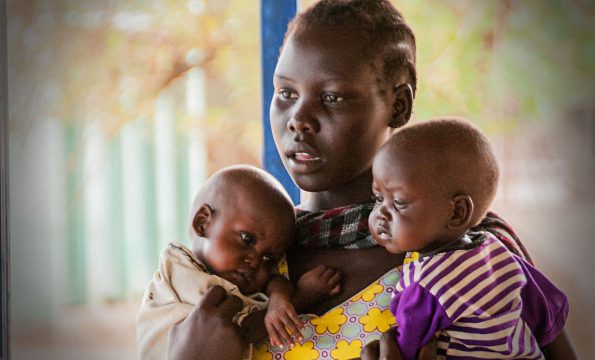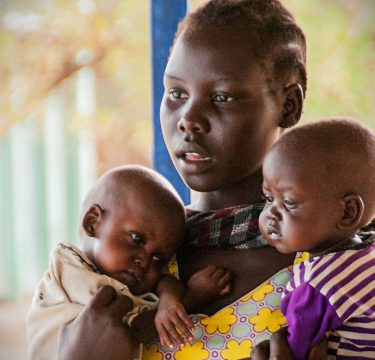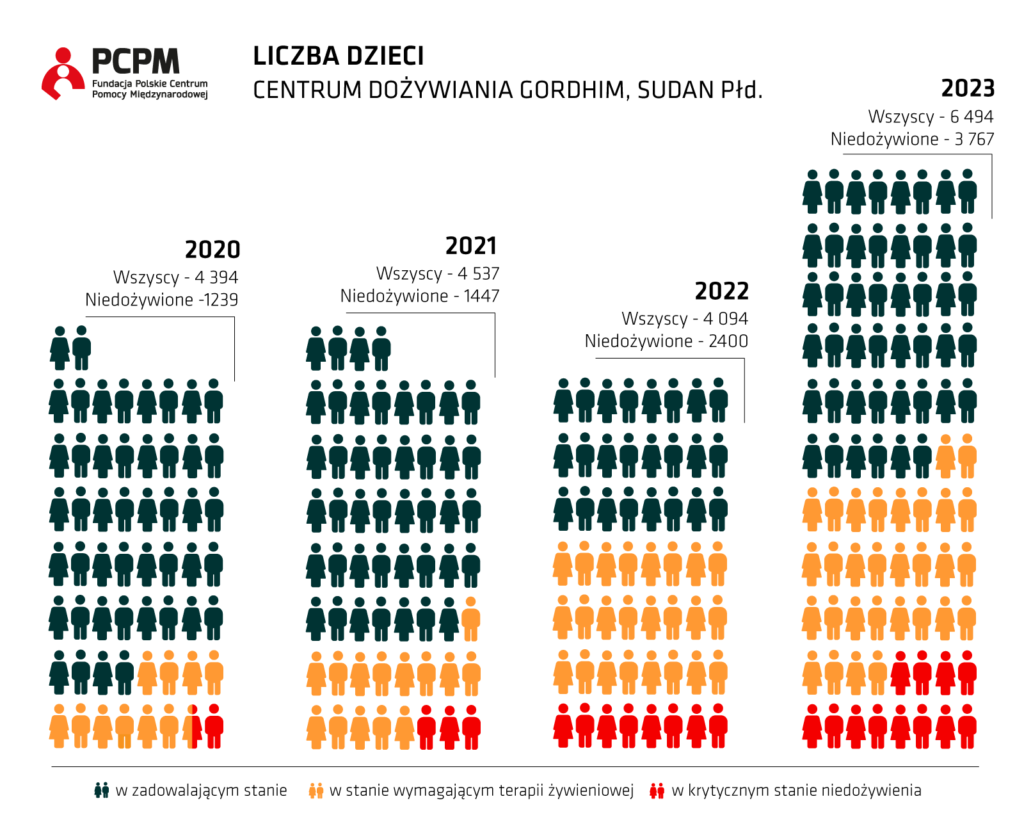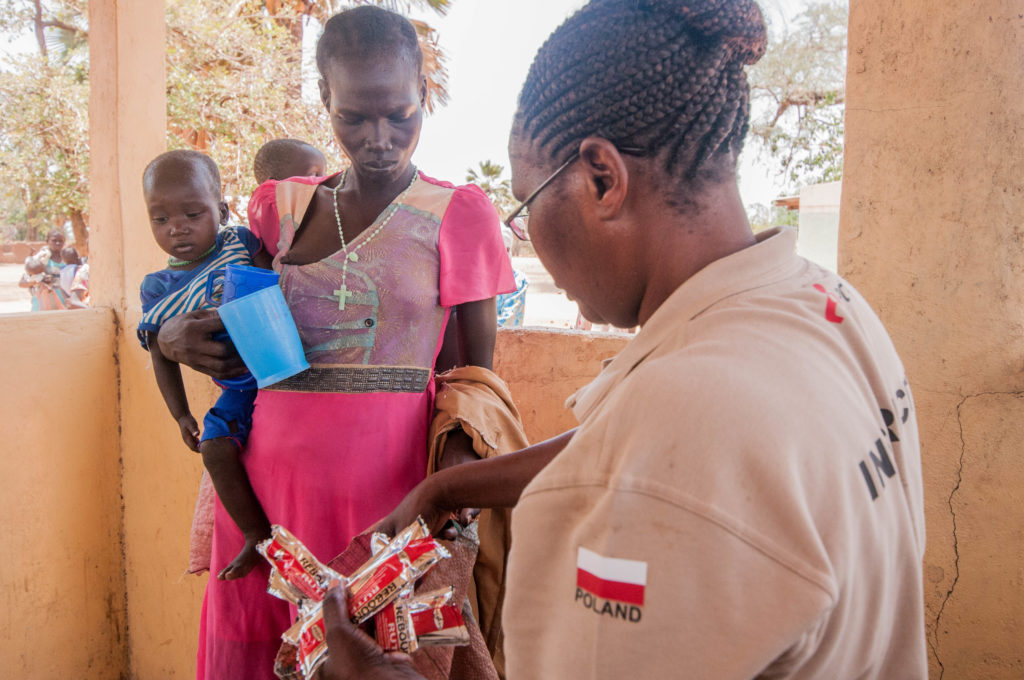South Sudan simultaneously sinks and dries up, the climate crisis takes its toll on the country


Consecutive years of record floods have led to mass migration, destruction of livelihoods, and loss of agricultural land, contributing to increased hunger. The effects of these simultaneous climatic shocks are compounded by rising food and fuel prices and ongoing conflict. South Sudan needs help.
When can one speak of malnutrition, and how does an organism facing malnutrition behave?
Malnutrition is a condition in which the body goes a long time without receiving important nutrients, including vitamins A and D, iron, and iodine. This leads to deterioration of health: weakness, anemia, loss of eyesight. Lack of protein and calories causes wasting. Starvation slows down the work of all organs. Convulsions, convulsions, and hallucinations can occur. The heart beats irregularly, strength is lacking. The body of young children reacts with crying and apathy. It is in this condition that children under the age of 5 are brought to the Gordhim Nutrition Center. The special therapeutic food that children receive at Gordhim allows them to get out of their malnourished state during therapy. After that, it’s the diet that counts. It’s a challenge for moms, who find it very difficult to get even the basic ingredients for meals, such as rice and vegetables.

When malnutrition is quantitative, it involves a caloric deficiency. Qualitative, on the other hand, means a deficiency of micronutrients – vitamins and minerals. This. so-called “Hidden Hunger” causes health problems with serious consequences. Women who bring their children to Gordhim take part in training as part of the Center’s activities, supported by the PCPM Foundation. They learn, among other things, what vaccinations are important and how – with so little opportunity – to prevent malnutrition. At Gordhim, we tell them how to take care of themselves as well.

Therapy allows people to get out of a state of malnutrition
Therapeutic food comes to the Nutrition Center in South Sudan from Kenya. In this way, the PCPM Foundation reduces transportation costs (such transport is much cheaper than air freight from Europe) and helps the local economy. The purchase of specialized food is made possible by mobilizing donors at pcpm.org.pl/sudan. Poles are also able to help thousands of kilometers away from home. This year, due to growing needs, mobilization should be greater. Therapeutic food helps to recover from malnutrition. A week of such therapy for one child costs PLN 44.
South Sudan faces effects of severe floods, local drought
The Food and Agriculture Organization of the United Nations (FAO) shows that some 65,100 hectares of farmland have been damaged due to flooding, and this led to the loss of 37,624 tons of grain. The floods, according to UN experts, have affected more than 835,000 people, in eight of South Sudan’s ten states. For many, this is another blow, as the effects of previous years’ floods have yet to be overcome, and the new influx of water is making the situation worse, making the prospect of reconstruction difficult, if not impossible. The floods have caused huge losses for farmers. The FAO reports that 795,500 livestock – cattle, goats, and sheep, as well as “an unspecified number of poultry, dogs, and donkeys” – have died in eight states.